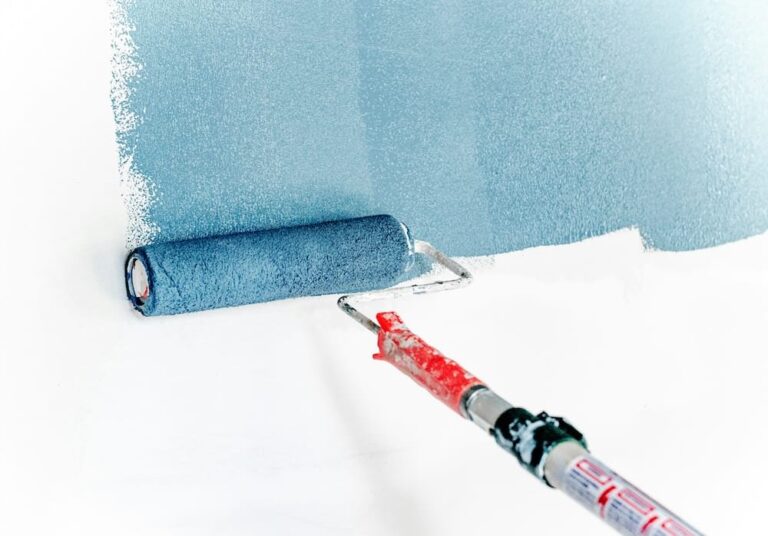à peu près
The French expression “à peu près” is a versatile phrase that translates to “approximately,” “more or less,” or “roughly” in English. It is used to indicate an approximation, an estimation, or a lack of precision in statements. The phrase can be applied in various contexts, from time and quantity to descriptions and opinions.
One common use of “à peu près” is to give an approximate measurement or quantity. For example:
- “Il y a à peu près vingt personnes dans la salle.” (There are approximately twenty people in the room.)
- “Le trajet prend à peu près deux heures.” (The trip takes roughly two hours.)
It can also describe something that is nearly correct or almost accurate:
- “J’ai compris à peu près ce qu’il a dit.” (I more or less understood what he said.)
- “La traduction est à peu près correcte.” (The translation is roughly correct.)
In some cases, “à peu près” expresses a general idea without full certainty:
- “Je sais à peu près où se trouve la gare.” (I more or less know where the train station is.)
- “Il est à peu près sûr de son choix.” (He is fairly sure of his decision.)
The phrase can also soften statements to make them less absolute:
- “C’est à peu près la même chose.” (It’s more or less the same thing.)
- “Nous avons fini à peu près tout le travail.” (We’ve finished roughly all the work.)
When used in questions, “à peu près” seeks a general answer rather than an exact one:
- “Tu as à peu près combien de livres chez toi?” (You have roughly how many books at your place?)
- “Ça coûte à peu près combien?” (That costs about how much?)
In informal speech, “à peu près” can even stand alone as a response to confirm an approximation:
- “Est-ce que tu as terminé?” “À peu près.” (Have you finished? More or less.)
The phrase is neutral in tone and fits both formal and casual conversations. Its flexibility makes it a useful addition to everyday French vocabulary.






